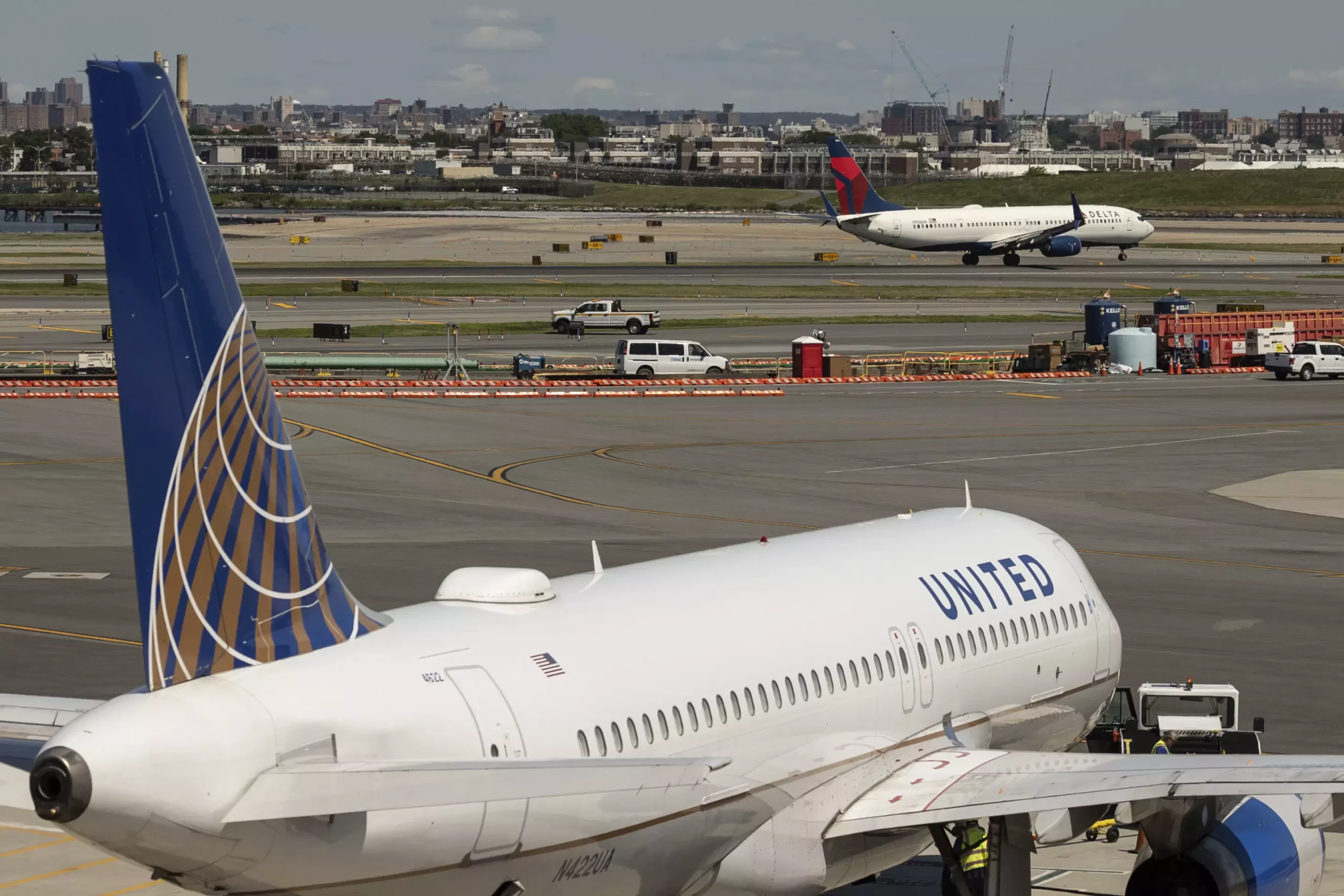The chaos caused by a faulty software update in the airline industry has led to significant disruptions in operations, with airlines like Delta Air Lines struggling to recover even two days after the incident. The latest data from FlightAware revealed a total of 1,461 flight cancellations within, into, or out of the U.S. on Sunday, with Delta and United Airlines being the hardest hit. Delta’s Chief Executive, Ed Bastian, informed customers that the airline was still facing challenges in recovering its systems and restoring operations, resulting in the cancellation of over 3,500 Delta and Delta Connection flights.
One of the major setbacks faced by Delta during this crisis was the malfunction of their crew tracking-related tools, which were unable to effectively process the unprecedented number of changes brought about by the system outage. This technology failure occurred during one of the busiest travel weekends of the summer, with the airline’s booked loads exceeding 90%, limiting their ability to re-accommodate affected passengers. Bastian expressed his apologies to all customers impacted by these events, acknowledging the inconvenience caused by the widespread flight cancellations.
Transportation Secretary Pete Buttigieg intervened in the situation by engaging with Delta’s CEO to address the high number of flight cancellations since the software failure. The Department of Transportation emphasized the airline’s obligation to provide refunds to passengers whose flights were canceled and who prefer not to be rebooked on a later flight. Buttigieg stressed the importance of prompt refunds, free rebooking, and timely reimbursements for food and overnight accommodations for affected passengers, along with sufficient customer service support to address the needs of all travelers impacted by the delays and cancellations. The aim is to prevent passengers from being stranded at airports overnight or enduring long waits to speak with customer service representatives.
The aftermath of a software failure in the airline industry highlights the importance of robust technological systems, efficient crisis management strategies, and proactive passenger communication. Airlines must prioritize the needs of their customers during such challenging times, ensuring that disruptions are minimized, refunds are promptly processed, and adequate support is provided to affected travelers. The lessons learned from this incident can serve as valuable insights for the industry to enhance its resilience and responsiveness in the face of unforeseen disruptions.


Leave a Reply